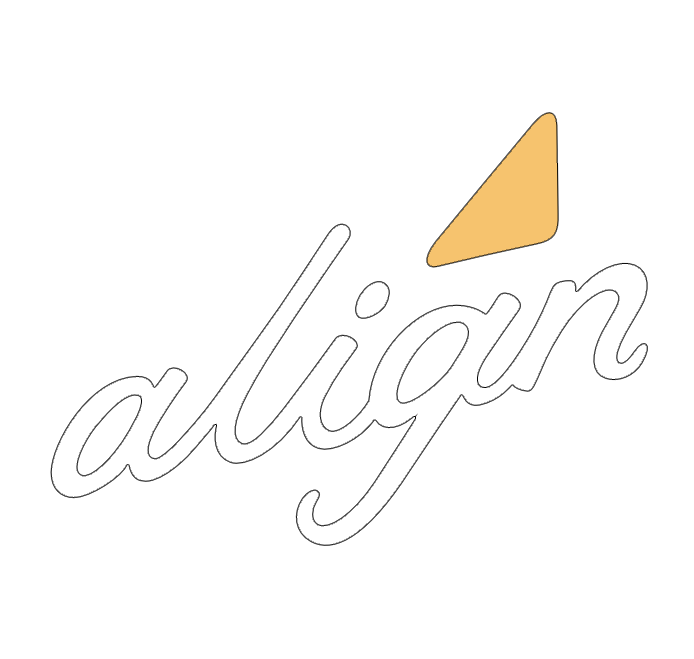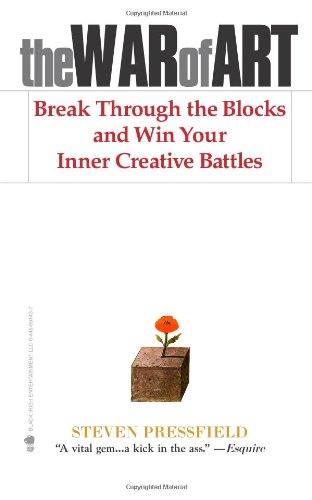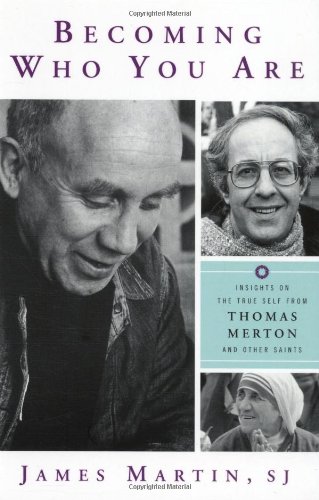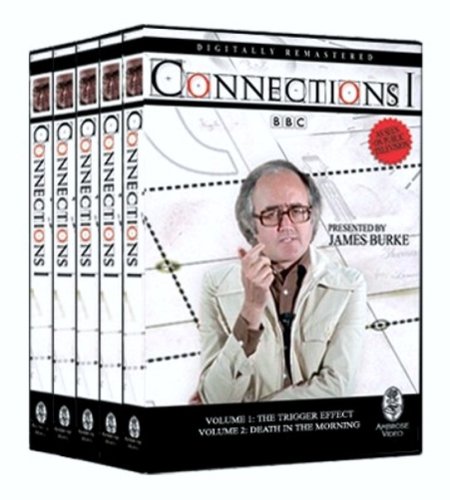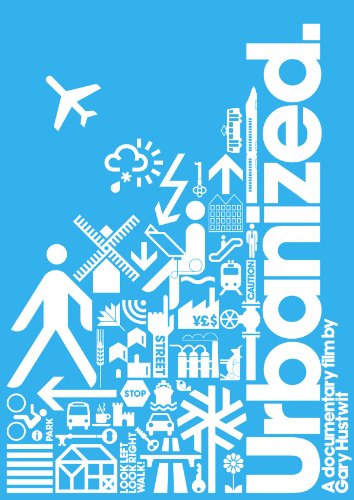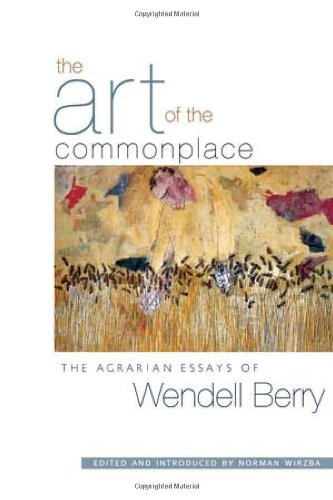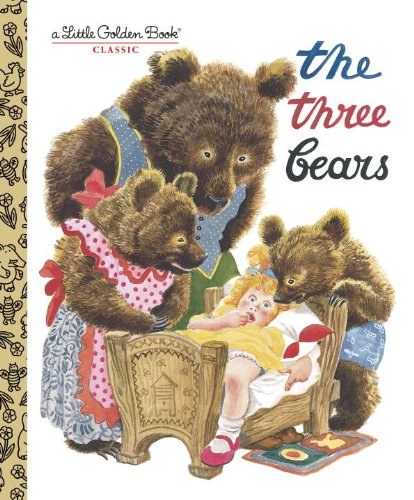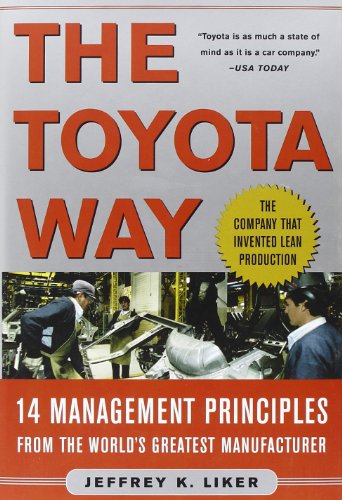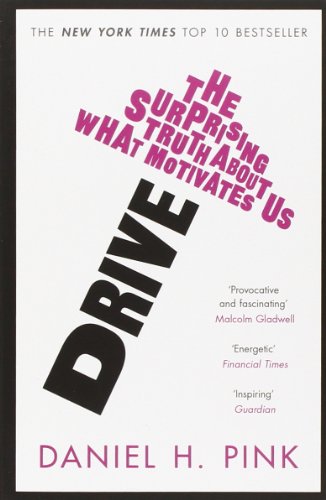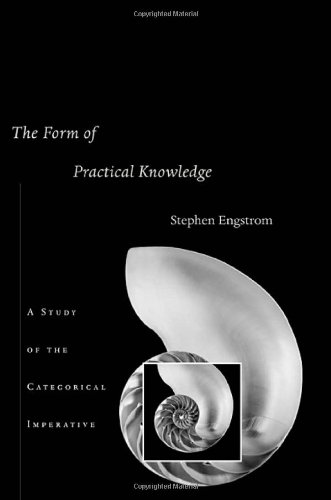Isaac Newton once said, "If I have seen further, it is by standing on the shoulders of giants."
Here are some of the many resources we use and recommend.
The greatest organizations are both smart and healthy. This is a never-fail, go-to business manual for almost all of Lencioni's best business ideas. For the best benefit, we recommend those earlier, separate business novels for teams who want to strengthen a specific area.
Every team has the same inter-personal struggles. Lencioni's brilliant business novel reveals that they're all related, and you'll have to start solving them from the bottom up. These five dysfunctions (and their companion 'functions') get used by ALIGN in our approach to Organizational Health and to Trust & Communication.
Christensen, a long-time MBA professor at Harvard, discovered late in his career that his groundbreaking economic theories applied to companies of all kinds—even to people themselves. ALIGN uses several key concepts from this book to support our problem-solving and business planning exercises.
Novelist Steven Pressfield writes compellingly about the many kinds of resistance we all face when we're working to create something new—and how we can choose to go pro when we're ready. ALIGN uses several of these principles when exploring team discussions and healthy conflict.
This classic book from the Service Design / Design Thinking movement in Europe is packed with both tools and ideas that have helped ALIGN lead our clients through an understanding of how they offer service (sometimes even internally), and how imagining the end user's perspective usually helps in creating better success for everyone.
A few of ALIGN's many team exercises come from Edward De Bono, one of the most celebrated creative thinkers of the twentieth century. We use Six Thinking Hats in some traditional ways but also some unorthodox ways, especially when we use it with a team both as a discussion technique and as a diagnostic tool for uncovering team thinking styles.
This book is a first-person account of a mother who refuses to believe that her profoundly autistic son will be best helped through therapy that emphasizes what he can't do. She risks a great deal by rejecting that therapy and setting off on her own approach that instead harnesses her son's strengths, with surprising results. Principles from this book contribute to ALIGN's focus on finding and harnessing existing strengths within teams.
This brief, meditative book on the thought of Thomas Merton emphasizes the mind-bending, profound idea that each person is meant to more and more become who he / she already is, a distinct human being. Merton's ideas have influenced ALIGN's unusual belief that organizations themselves are meant to be distinct, and that success lies in finding and harnessing that inherent distinctiveness.
This BBC television series broke new ground in demonstrating the influences and connections that have over time created the world we experience today. In a way, it is the most profound influence on ALIGN's view of relationships and on the ever-present potential for disrupting the status quo.
This documentary film explores the urban planning and development of cities around the world. It's an excellent and useful analogy for understanding the influence that any planners (like leadership teams) have in shaping the future world of their business, and even how they determine in advance what will be possible to accomplish (or not) because of their planning.
This is one of several books that have influenced the way ALIGN helps teams to create a brand identity and vision (Organizational Clarity) within their organization. Scott Bedbury is the brand guru behind Nike's 90s breakthrough and the more recent success of Starbucks.
Wendell Berry is a prophet for our times, committed to deeply humane, sustainable thinking. His essay on "Solving for Pattern" influences ALIGN's approach to problem-solving, and his ideas about the human side-effects of decisions influences many of the principles and tools we apply to Organizational Health, and to Trust & Communication.
Though ALIGN does not typically use this book's four personality categories (we prefer other assessments and approaches for that), the idea of the Platinum Rule influences a central principle we use within our approach to both Organizational Health and Trust & Communication.
Einstein's thought has very powerfully influenced the approach of ALIGN—not primarily his theory of relativity thought, but instead his writings about the human nature of things, inherent meaning, the power of ideas, and the ability of imagination to shatter the limits of the status quo.
As strange as it may seem, one of ALIGN's most useful discussion exercises comes from a children's fairy tale. Whether we're using it to separate kinds of team member feedback or to help a team diagnose a current, foggy situation, our Goldilocks Grid often comes in handy.
Another powerful concept we use in team discussions, The Five Whys, was created by the founder of Toyota as part of his revolutionary, celebrated approach to auto manufacturing.
This book, made famous through Daniel Pink's TED Talk (under the name of his subtitle, "The Surprising Truth About What Really Motivates Us"), helps teams as they sort through the kinds of organizations they're choosing to build and lead. Are they the kinds of places that anyone would want to be a part of? If not, how could we use intrinsic human motivations to make us more (rather than less) successful?
One of the nerdiest (or at least brainiest) ideas to influence ALIGN comes from philosopher Immanuel Kant and his idea of the categorical imperative—the idea that we can judge the morality of something by asking what would happen if it became a universal law. As a more human speak approach in the way ALIGN uses the idea, every action is a vote for a way of life. It's both a powerful principle and a tool that team members can use with each other and as a group to explore the culture they're creating through their actions and decisions.
